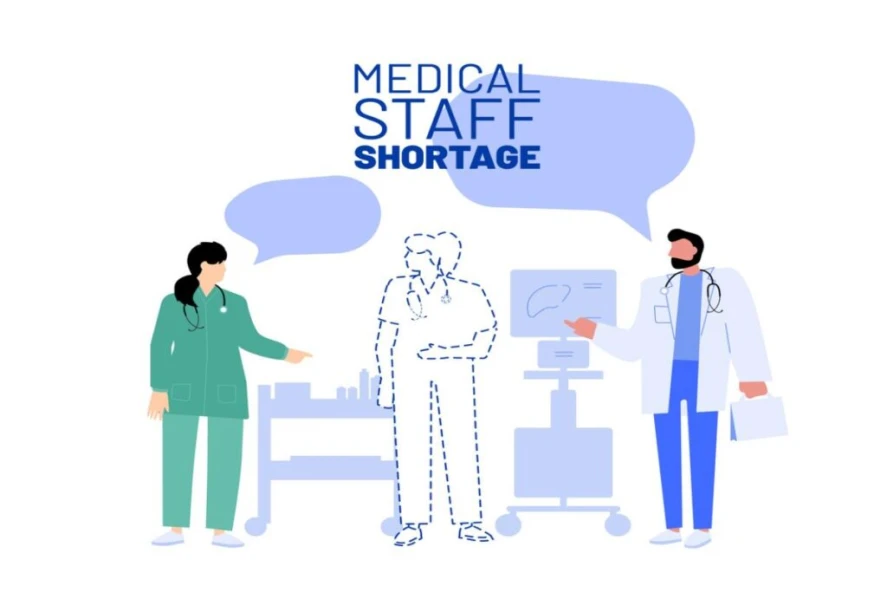Like many other states, Texas is experiencing a shortage of all types of healthcare workers. As a result, the Texas legislature is considering joining interstate compacts for various professions to bring more needed healthcare workers to the state.
All healthcare occupations have laws and regulations that licensees must follow, including laws related to interstate practice. No matter your situation, consulting a professional license defense lawyer to defend your license can be crucial. We aim to assist you with your licensure proceedings and achieve the most positive outcome possible in your case.
The Interstate Compact Coalition
A coalition of healthcare industry groups is touting interstate compacts to allow certain healthcare workers in other states to also practice in Texas. The Interstate Compact Coalition includes almost a dozen professional groups, including the Texas Counseling Association and the Texas Academy of Physician Assistants. Under the Coalition’s plan, Texas would join existing interstate compacts for nine professions, which include:
- Audiology and speech pathology;
- Cosmetology;
- Occupational therapy;
- Physician’s assistants;
- Counseling;
- Dentistry;
- Dietetics;
- Respiratory care; and
- Social work.
When a state joins an interstate compact for a specific profession, workers in that profession become eligible to obtain multistate licenses, allowing them to practice outside their state of residence. These multistate licenses cover only those states that join the interstate compact. The practice effect of a multistate license is that the worker can live in Texas and work in other states that are party to the compact, and a worker who lives in another state could work in Texas, as well as in other states subject to the interstate compact.
Currently, Texas participates in 38 interstate compacts, including five involving healthcare professions: EMS, medicine, nursing, physical therapy, and psychology. State legislators have filed bills to create interstate compacts for cosmetology, counseling, and dentistry.
Differing Views of Interstate Compacts
Interstate compacts are particularly useful for military spouses, who often live in multiple states over their careers. As a result, the U.S. Department of Defense has partnered with The Council of State Governments to fund the development of interstate compacts nationwide. Including Texas in more interstate compacts would benefit military families, as Texas contains 15 military installations.
Residents of Texas counties that border other states would especially benefit from healthcare professionals with interstate licenses. Likewise, college students returning home for school vacations and breaks could receive continuing care from practitioners who are licensed in multiple states. Finally, interstate compacts could help address the lack of diversity among Texas healthcare workers by allowing more Spanish-speaking healthcare professionals to work in Texas.
The dearth of healthcare workers in various professions in Texas is higher than in many other states. For instance, Texas ranks at the bottom of the country in the number of dental hygienists per capita, or 37 per 100,000 people. Texas is also expected to have the third-highest shortage of social workers in the country by 2030, with a deficit of almost 34,000 jobs. Very rural parts of the state, particularly in areas bordering Mexico, report severe shortages of both obstetricians and professionals who provide psychiatric care.
Advocates say interstate compacts will expand the workforce pool and save professionals the time and money necessary to obtain licenses in multiple states. However, skeptics of interstate compacts fear that they will lose more Texas workers who can practice in other states and dilute the rigorous standards of healthcare profession licensing. Some also fear the loss of Texas licensing application fees will affect state licensing authorities’ budgets – and authority – by removing local control in favor of a national organization operating the interstate compact. However, interstate compacts often allow states to retain their existing licensure and disciplinary rules to the extent that they mirror other states’ rules.
Interstate compacts not only address current shortages of workers but also build a sustainable workforce model. Licensed and trained professionals who are new to Texas can go to work more quickly without additional vetting by state licensing authorities. Although these workers still must submit certain application materials to Texas licensing authorities, their existing licensure in other state(s) will demonstrate that they already have the education and training equivalent to that required for Texas workers.
While other potential solutions to healthcare worker shortages exist, interstate compacts are one of the cheapest options, as they don’t require additional or consistent government funding. While loan repayment programs, more robust Medicaid payments to providers, and other initiatives incentivizing students to practice in rural areas may be more effective ways to address the provider shortage, those options require government funding yearly.
Contact Your Texas Professional License Defense Lawyers Today
Our experienced professional license defense attorneys at Bertolino LLP know the ins and outs of licensure as a Texas healthcare worker. We will advocate for you to be in the best position to obtain the necessary licensure. Together, we will work to help you maintain your license and professional future. Call us at (512) 980-3751 or contact us online.
Call or text (512) 476-5757 or complete a Case Evaluation form




